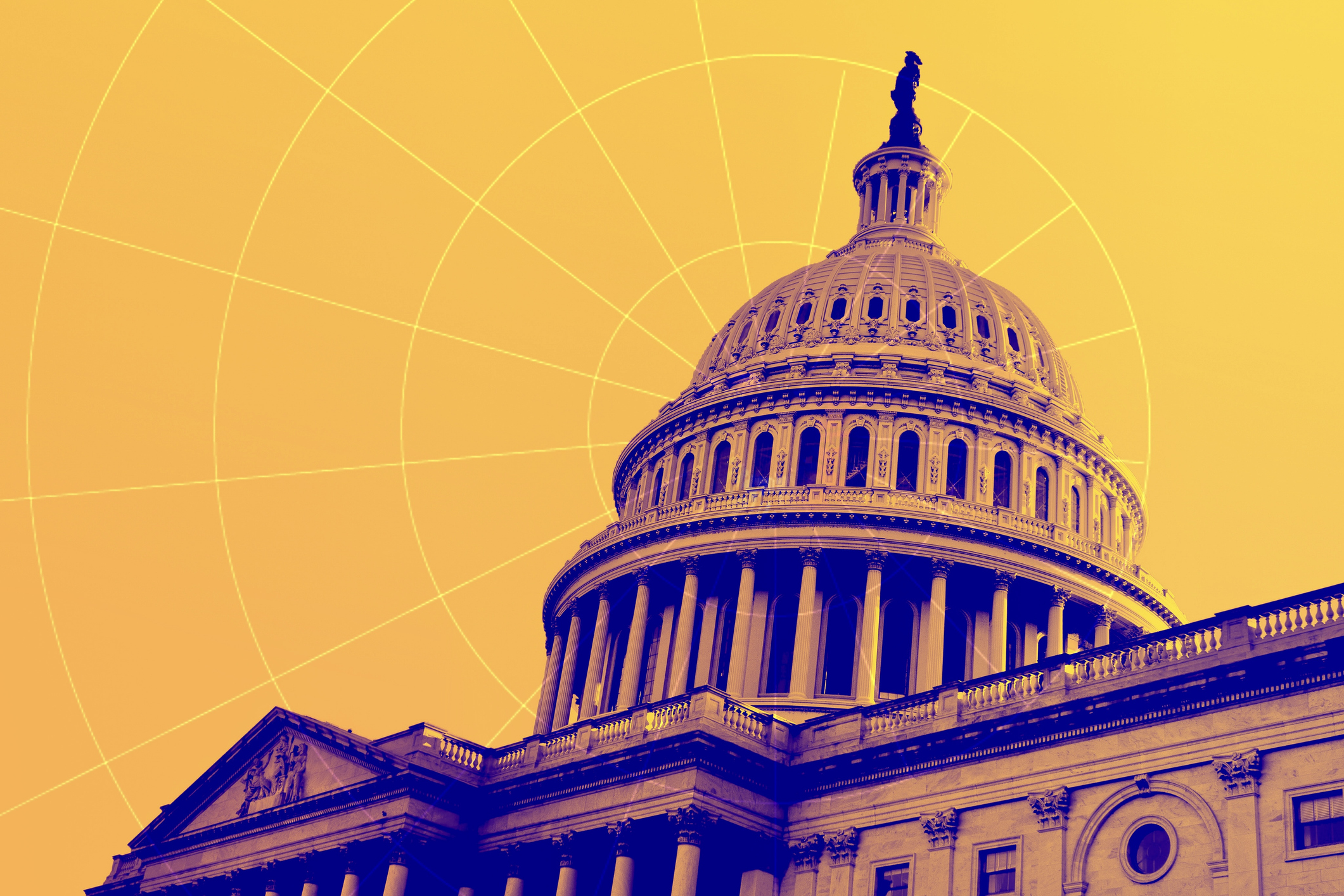Gartner revises up its IT spending forecast
Despite ongoing economic uncertainty, investments in cloud and telecom services are gathering pace, claims market watcher.

Global IT spending is on course to increase three per cent from $3.5 trillion in 2011 to $3.6 trillion this year, despite continued global economic uncertainty.
This is the view put forward by market watcher Gartner in its 2012 global IT spending forecast.
The three per cent rise is slightly higher (0.5 per cent) than previously forecasted by the firm.
"While the challenges facing global economic growth persist the Eurozone crisis, weaker US recovery, and a slowdown in China the outlook has at least stabilised, " said Richard Gordon, research vice president of Gartner.
Despite this, he said the short-term outlook was for continued caution in IT spending because of dampened consumer demand and business confidence.
Cloud computing was one area tipped for strong growth by Gartner, with the firm betting that enterprise investments in public cloud services will increase from $91 billion in 2011 to $109 billion this year.
The firm also predicts that enterprise public cloud services spending will top $207 billion by 2016.
Get the ITPro daily newsletter
Sign up today and you will receive a free copy of our Future Focus 2025 report - the leading guidance on AI, cybersecurity and other IT challenges as per 700+ senior executives
Gordon said Platform-as-a-Service (PaaS), Software-as-a-Service (SaaS) and Infrastructure-as-a-Service (IaaS) were fast growing areas, but Business-as-a-Service platform (BPaaS) still accounts for the majority of IT spending.
Meanwhile, the global telecom services market is still the sector that receives the most amount of investment, said Gartner.
"Telecom services growth is expected to come not only from net connections, especially in the emerging markets, but also in mature [ones because of the] uptake of multiple connected devices, such as media tablets and gaming," added the company in a statement.
-
 Cleo attack victim list grows as Hertz confirms customer data stolen
Cleo attack victim list grows as Hertz confirms customer data stolenNews Hertz has confirmed it suffered a data breach as a result of the Cleo zero-day vulnerability in late 2024, with the car rental giant warning that customer data was stolen.
By Ross Kelly
-
 Lateral moves in tech: Why leaders should support employee mobility
Lateral moves in tech: Why leaders should support employee mobilityIn-depth Encouraging staff to switch roles can have long-term benefits for skills in the tech sector
By Keri Allan
-
 Nearly half of all digital initiatives still fail – here’s how you can learn from the ‘digital vanguard’ and deliver success
Nearly half of all digital initiatives still fail – here’s how you can learn from the ‘digital vanguard’ and deliver successNews With most digital initiatives are failing to deliver, CIOs are urged to work more closely with other executives
By Emma Woollacott
-
 IT services spending set to surge in 2025 as CIOs shift to AI partner solutions
IT services spending set to surge in 2025 as CIOs shift to AI partner solutionsNews Organizations are set to shift from buying generative AI solutions to implementing partner solutions, according to Gartner
By Ross Kelly
-
 Businesses still don’t know who’s accountable for AI at executive level
Businesses still don’t know who’s accountable for AI at executive levelNews Executives are unclear on where the buck stops in terms of AI management
By George Fitzmaurice
-
 Gartner reveals the top trends for government technology use in 2024
Gartner reveals the top trends for government technology use in 2024News Five key areas that public sector CIOs will need to address to improve citizen services
By Emma Woollacott
-
 Return to office mandates can be divisive - here are three things business leaders can do to help smooth the transition
Return to office mandates can be divisive - here are three things business leaders can do to help smooth the transitionAnalysis With return to office mandates having sparked major spats between workers and employers, leaders need to consider how they can make changes attractive and effective
By George Fitzmaurice
-
 Global IT spending set to reach $5 trillion in 2024 amid optimistic industry outlook
Global IT spending set to reach $5 trillion in 2024 amid optimistic industry outlookNews IT spending growth in 2024 is expected to be more than double that of 2023
By George Fitzmaurice
-
 What will drive IT spending in 2024?
What will drive IT spending in 2024?In-depth Generative AI spending is unlikely to be high despite the hype, but sustainable technology will become a bigger priority.
By Rich McEachran
-
 Half of jobseekers turned down offers last year amid growing demands on employers
Half of jobseekers turned down offers last year amid growing demands on employersNews An increasingly competitive talent landscape means employers are being forced to offer a wider range of incentives
By Ross Kelly